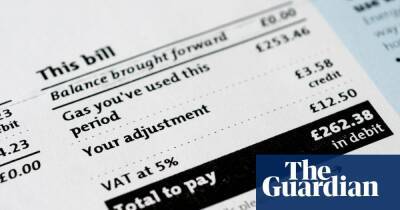How to get yourself mortgage ready
One of the first things you should do is get a realistic idea of how much you’re likely to be able to borrow so you can see if it is worth going ahead. This will depend on three main things: your income, your outgoings and the size of the deposit you plan to put down.
There are lots of mortgage affordability calculators online which will give you a flavour of the size of loan you might be able to get. The government-backed MoneyHelper website has one, as do many banks, mortgage brokers and comparison websites.
When you come to apply, the lender will carry out a detailed affordability assessment to work out what you can afford to repay based on your income and spending commitments. Lenders also currently have to “stress test” your ability to repay if interest rates were to go up or there was a major change to your circumstances such as being made redundant or having a baby.
Well ahead of applying for a mortgage, check your record with one or ideally all three of the main credit reference agencies: Equifax, Experian and TransUnion. This will alert you to any problems that might lead to you being turned down or offered a less competitive mortgage rate, such as a default on your file relating to a missed payment. In some cases you may be able to resolve these before you apply for a home loan, at which point the lender will carry out its own check.
Make sure your record is accurate and up to date, and dispute anything you don’t agree with. You can use a notice of correction to explain special circumstances behind previous arrears or defaults, such as a spell of illness.
The agencies typically offer several ways, free and paid-for, to check your credit record or score. For example, subscribing to the Credit Karma website lets you
Read more on theguardian.com



 theguardian.com
theguardian.com
















